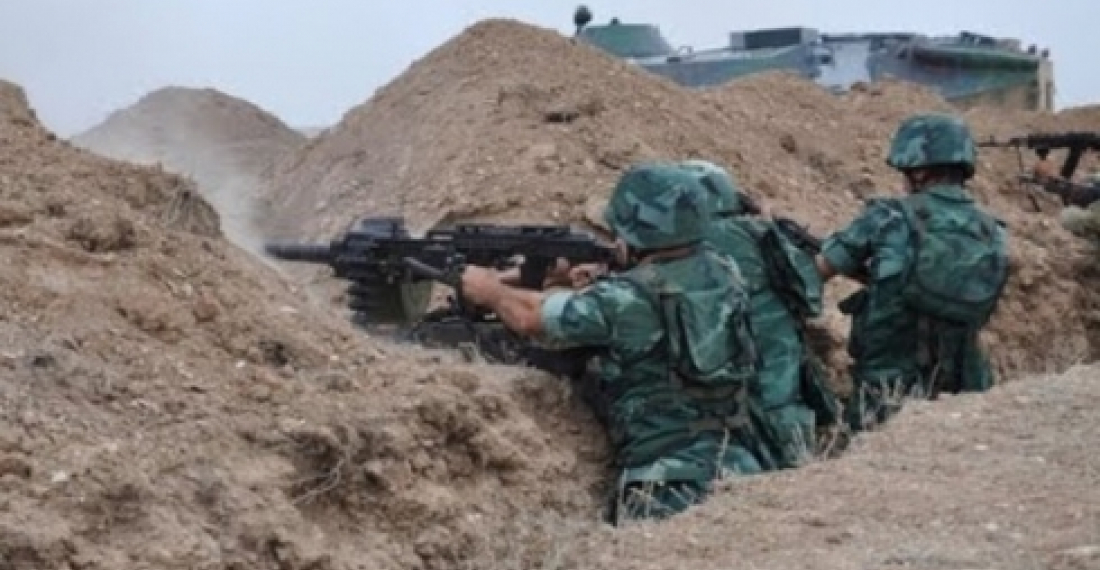Journalists who want to visit the Azerbaijani side of the line of contact separating Armenian and Azerbaijani forces will now need to be accredited by the Azerbaijani Ministry of Defence.
The Cabinet of Ministers has approved new rules which require journalists to be accredited and limits the number of journalists from any one media outlet that can apply for accreditation.
The rules require the Defense Ministry to review documents presented for accreditation within 15 days after being received. During the review, the Ministry of National Security will be required to provide clearance within seven days, after which a decision on the accreditation is made.
The Azerbaijani Defence Ministry has in recent months often been critical of some of the coverage by the Azerbaijani media of events on the front-line, particularly incidents related to cease fire violations. Complaints were also voiced about media coverage of the living conditions of conscripts.
source: commonspace.eu
photo: Azerbaijani soldiers on the line of contact (archive picture).







